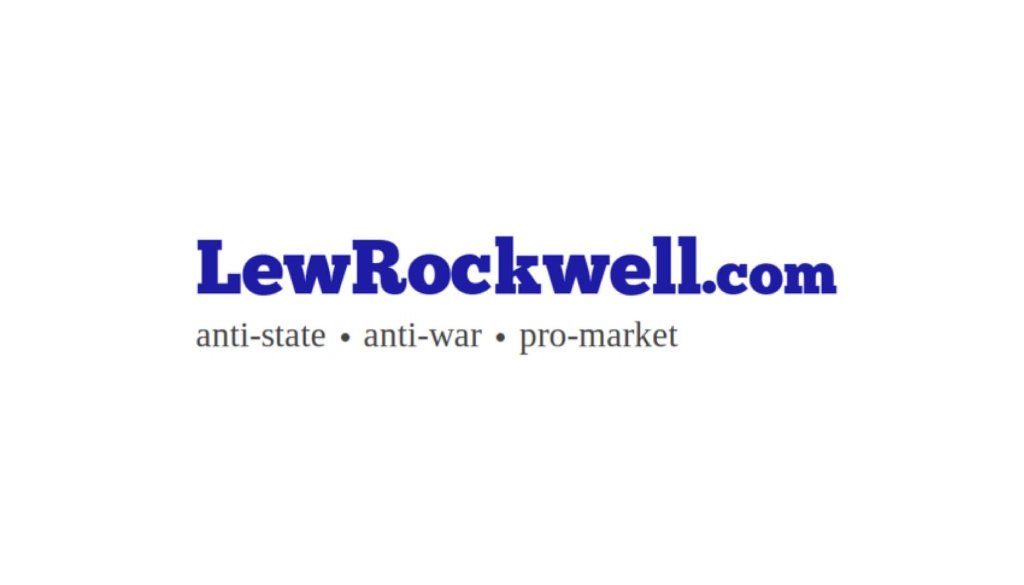The Good Intentions License for Tyranny
“He who saves his country violates no law,” tweeted President Trump in February. He was echoing a line often attributed to Napoleon Bonaparte. His supporters were electrified by Trump’s tacit invocation of a right to boundless power.
The Trump presidency is already spurring legal battles across the nation. It is far too soon to speculate on Trump’s final win/loss record in federal courts. But Americans should be aware of how the entire judicial process is skewed against holding officialdom liable for its crimes.
Whitewashing torture
The most stunning example of federal impunity is the whitewashing of the Bush administration torture scandal. President George W. Bush unleashed a worldwide torture regime that left victims dead and maimed around the globe. But federal officials and federal judges made sure that not a single torture policymaker or CIA torturer faced any penalty for their barbarity.
Torture policymakers seemed to recognize only one possible adverse consequence from getting rough with their targets. “If the detainee dies, you’re doing it wrong,” wrote Jonathan Fredman, the top lawyer for the CIA Counterterrorist Center in 2002. A congressional hearing in June 2008 revealed that “C.I.A. lawyers believed they had found a legal loophole permitting the agency to use ‘cruel, inhuman or degrading’ methods overseas as long as they did not amount to torture,” the New York Times reported. Fredman warned other federal lawyers involved with sanctifying the interrogation regime: “If someone dies while aggressive techniques are being used, regardless of cause of death, the backlash of attention would be severely detrimental.”
The official attitude toward killing detainees was stark early on in the case of Gul Rahman. He was captured by U.S. agents in October 2002 and was suspected of being a militant. The CIA subjected Rahman to “48 hours of sleep deprivation, auditory overload, total darkness, isolation, a cold shower and rough treatment.” Rahman died in November 2002 after effectively freezing to death “after being stripped naked from the waist down and shackled to a cold cement wall in the Salt Pit, where temperatures were approximately 36°F.” Rather than face prosecution for killing Rahman, the primary CIA interrogator was recommended for a $2,500 cash award for his “consistently superior work,” according to a 2014 Senate report.
For government officials, the decisive legal question is not what federal law prohibits but what behavior will be punished. What happens when feds violate the law of the land?
Today’s legal system allows presumed good intentions to almost always exonerate the worst abuses by government officials. As long as they deny criminal intent, they will almost always be absolved by their fellow government employees.
The Intentions Test for government officials becomes almost a tautology. People work for the government because they want to help other people. Therefore, when some government official violated some legal technicality, did he intend to do something bad?
The Bush administration exploited this presumption to argue in secret memos that U.S. government agents could not be found guilty of torture regardless of their conduct. Bush-appointed lawyers showed how easily even the most aggressive interrogators could be free of a torturous intent:
Because Section 2340 [of the federal Anti-Torture Act] requires that a defendant act with the specific intent to inflict severe pain, the infliction of such pain must be the defendant’s precise objective. If the defendant acted knowing that severe pain or suffering was reasonably likely to
Article from LewRockwell

LewRockwell.com is a libertarian website that publishes articles, essays, and blog posts advocating for minimal government, free markets, and individual liberty. The site was founded by Lew Rockwell, an American libertarian political commentator, activist, and former congressional staffer. The website often features content that is critical of mainstream politics, state intervention, and foreign policy, among other topics. It is a platform frequently used to disseminate Austrian economics, a school of economic thought that is popular among some libertarians.



